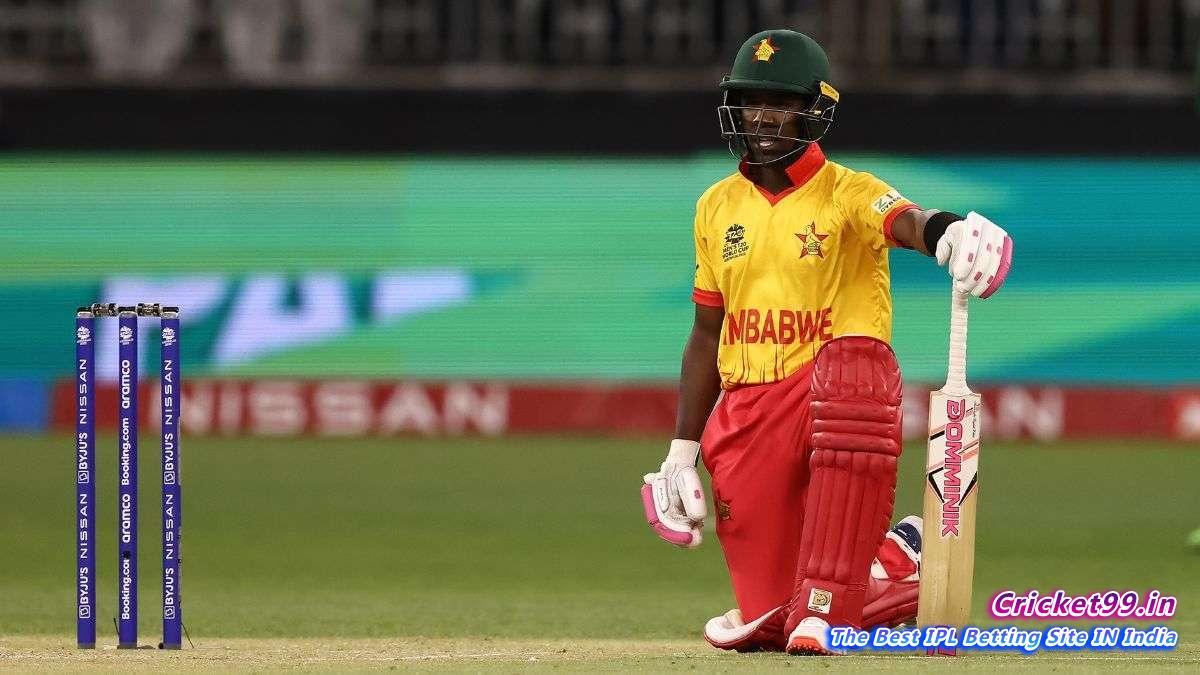
Zimbabwean cricketers Wessly Madhevere and Brandon Mavuta have been officially cleared by Zimbabwe Cricket (ZC) to resume their competitive cricket careers following the end of their four-month suspensions. The disciplinary action was a response to their testing positive for a recreational drug in December, an incident that briefly sidelined their promising sporting journeys.
Both athletes endured a significant hit to their personal reputations and finances, having been fined 50% of their salaries for a stretch of three months starting from January 2024. Beyond the punitive measures, they were integrated into Zimbabwe Cricket’s high-performance program to facilitate their rehabilitation, demonstrating ZC’s commitment to the well-being and proper conduct of its players.
The recent development comes after both Madhevere and Mavuta successfully navigated a drug test, affirming their readiness to step back into the competitive scene. “I am pleased to welcome Wessly and Brandon back to competitive cricket after both of them underwent rehabilitation and also passed a drug test carried out to check if they were now clean,” stated Givemore Makoni, the managing director of Zimbabwe Cricket. He noted their acknowledgment of their mistakes and their determination to maintain their sobriety and refocus on their careers.
The reinstatement of the two athletes is a testament to the robustness of Zimbabwe Cricket’s internal efforts to combat drug use within its ranks, running parallel to the norms and regulations set by the International Cricket Council (ICC) and the World Anti-Doping Agency (WADA). Makoni emphasized that the organization’s anti-drugs program is an internally driven initiative that aims to go above and beyond the basic requirements, addressing the issues of education, counseling, and treatment in the context of social drug use.
Zimbabwe Cricket’s proactive stance on this issue exemplifies a deeper understanding of the complexities surrounding recreational drug use among athletes. With a focus on rehabilitation and a supportive framework, the organization seeks to not only enforce discipline but also provide pathways to recovery and education that can preempt future incidents.
The ongoing commitment of ZC to this cause was highlighted again when the cricket board disclosed another unfortunate case. A young player from the ZC Academy, Davis Murwendo, has also been implicated in a similar conundrum, having returned a positive result for a social drug in a recent internal screening. Murwendo awaits a formal hearing, indicating that ZC’s vigilance and in-house testing program persist in their dedication to clean and ethical sportsmanship.
The details divulged by the ZC managing director serve as a reminder of the circumspection required in professional sports and the integral role of sports organizations in promoting clean competition. Acknowledging the potential risks associated with recreational drugs, ZC assumes a protective role for its players, offering them support and accountability measures as a means of safeguarding the integrity of cricket.
Sporting comebacks such as those of Madhevere and Mavuta offer a narrative of redemption, showcasing that with sincere efforts toward reform and support from governing bodies, athletes can surmount setbacks caused by misjudgments or lapses in discipline. The Zimbabwean cricket community and its supporters will likely watch with keen interest as the two players reintegrate into the cricketing world, each stride on the pitch resonating with their personal growth and resilience.
The rehabilitation program and testing regimen are all indicative of a rising awareness in the realm of sports—acknowledging the multifaceted challenges athletes face, Zimbabwe Cricket is setting a standard for comprehensive welfare programs that other sporting institutions might look towards as a model. It projects a message of hope and responsibility, where a mistake is not an end but an opportunity for learning, introspection, and ultimately, a return to grace.










